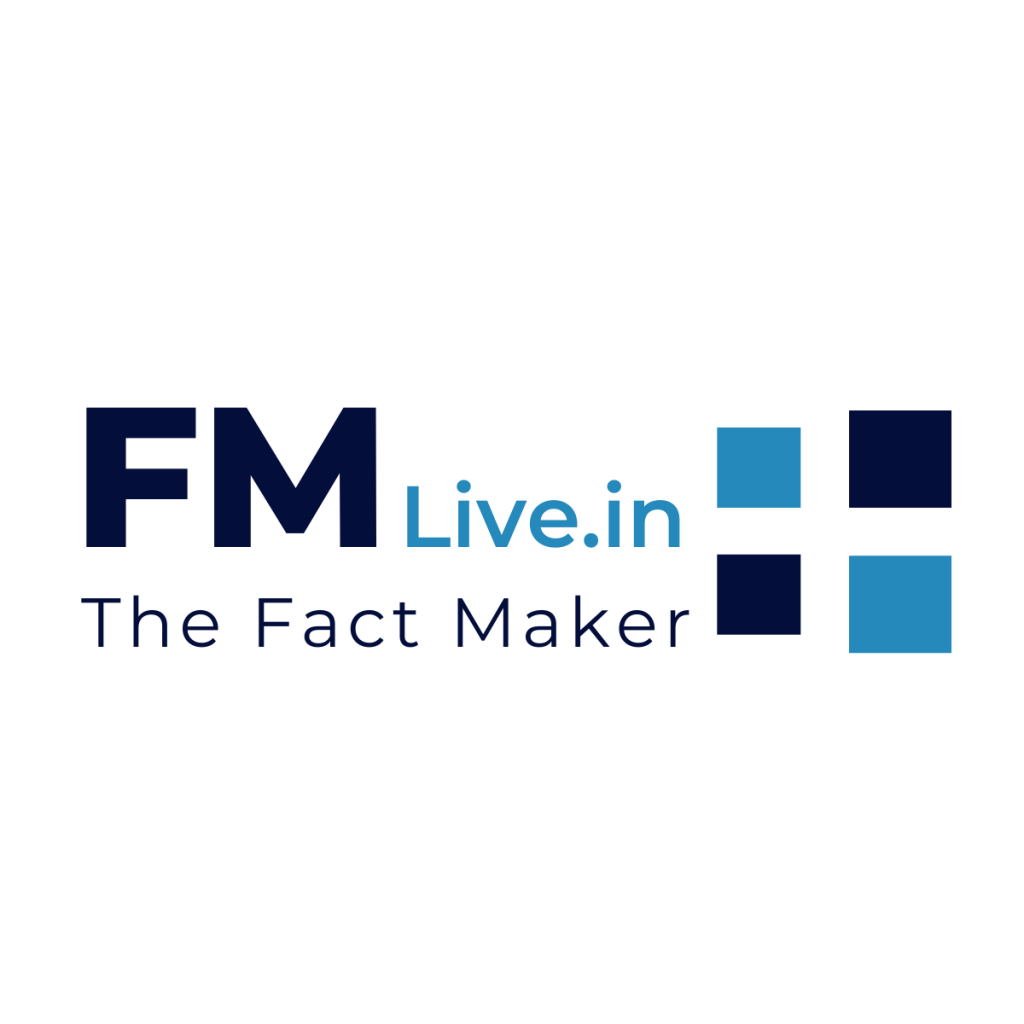Amrita Doctors in Kochi use ECMO to Save Life of 11-year-old Boy Suffering from Post-Covid Multisystem Inflammatory Syndrome (MIS-C)
Mumbai: An 11-year-old boy suffering from severe heart failure and shock due to Multisystem Inflammatory Syndrome in Children (MIS-C) was successfully treated at Amrita Hospital in Kochi with ECMO, which is akin to heart-lung bypass machine used in open-heart surgery, saving his life from the dreaded disease that appears to be linked to Covid-19. Amrita Hospital doctors are warning of a wave of MIS-C across South India which may hit children in a big way. Adhik’s case is an early warning of this, they say.
The child Adhik, hailing from Kedamangalam in Paravur (Ernakulam District), is one of the rarest patients in India to be put on ECMO (Extra Corporeal Membrane Oxygenation) for MIS-C. ECMO pumps and oxygenates a patient’s blood outside the body, allowing the heart and lungs to rest. When a patient is connected to an ECMO, blood flows through tubing to an artificial lung in the machine that adds oxygen and takes out carbon dioxide; then the blood is warmed to body temperature and pumped back into the body. ECMO is today saving many patients from Covid-19 and post-Covid complications.
Adhik was referred to Amrita Hospital in a serious condition. He most likely had an asymptomatic Covid-19 or was exposed to Covid-19 in the weeks preceding to presentation as widened by positive antibody titers to Covid-19 in his blood. MIS-C had over the last one week severely affected his heart muscles, which were inflamed and unable to pump blood. His blood pressure had dropped to extremely low levels. The condition would have been fatal if not treated promptly. On arrival at the hospital, Amrita doctors put him on a ventilator without delay.
Dr. Suma Balan, Consultant Pediatrician and Pediatric Rheumatologist, Rheumatology and Clinical Immunology, Amrita Hospital, Kochi: “Putting a very sick child with low blood pressure and poor heart on ventilator needs a high degree of skill and training from a Pediatric Intensivist. The child also required special lines to be inserted into his large veins, so that medicines to elevate his blood pressure could be safely administered without needing to prick him all the time. A line was also inserted in a peripheral artery to help monitor his blood pressure accurately.”
Added Dr. Sajith Kesavan, Head, Dept. of Pediatric Pulmonary & Critical Care, Amrita Hospitals, Kochi: “Immunomodulant medications to affect the functioning of the child patient’s immune system were also commenced. The main challenge was that the child was in very severe shock and not responding, despite being on a ventilator and being given medications to improve his shock. The immunomodulant medications which counter the increased inflammatory state take time to be administered. The patient needed to be supported and kept stable until those medicines have had a chance to work.”
He added: “A bedside echocardiogram was also arranged due to the severity of the child’s illness. However, the team soon realized that the child needed more medical attention, and it was decided that an ECMO would help his recovery. This machine takes over the heart-lung function. Putting the child on ECMO for a few days allowed rest to his heart muscles, giving them time to recover. This works very well in scenarios where there is a good possibility of natural recovery – and Adhik’s situation fit that bill.”
Most children who become infected with COVID-19 virus have only a mild illness, but in children who go on to develop MIS-C due to the infection, some organs like the heart, lungs, blood vessels, kidneys, brain, etc. become severely inflamed. It is an immune system mediated hyper-inflammation targeting children and teenagers. More than 50% of patients develop heart problems.
Said Dr. Suma Balan: “Adhik has so far responded well to treatment. He was taken off ECMO after 72 hours. We were also able to take him off the ventilator two days later. He is out of intensive care now and continues to make steady progress. We are all positive and hopeful that the child will be back to a normal 11-year-old child’s routine in a few weeks.”


